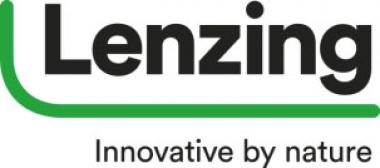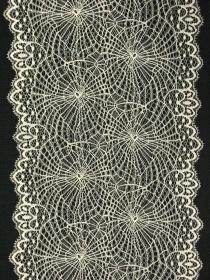EURATEX comments on revised EU Industry Strategy
- European Apparel and Textile Confederation EURATEX welcomes revamped EU Industry Strategy, but calls for consistency across EU policies
Europe’s industry is going through turbulent times as a result of the corona-pandemic; turnover in textiles and clothing sector dropped between 10 and 20%. However, even bigger challenges lie ahead: serious disruptions in supply chains, soaring energy prices and protective tendencies are threatening the competitiveness of our industry.
Against that background, the revised EU Industry Strategy – launched on May, 5 - is addressing very relevant issues, and underlines the need to think carefully about Europe’s industrial base. EURATEX welcomes the initiative, including the focus on 14 “eco-systems” and the proposal to develop privileged partnerships with trusted partners.
At the same time, EURATEX calls for more consistency by the EU across its different policy areas. Director General Dirk Vantyghem commented: “We welcome the recognition that we need a strong industrial base in Europe, but at the same time are struggling to maintain that base, as our companies face significant challenges related to over-regulation and raising energy and supply costs. It feels like one hand offering you help, while the other hand squeezes you tight”.
Looking at the global perspective, EURATEX is not calling to close the European borders; our industrial model relies on accessing global markets. But clearly, there is a need to establish global rules to ensure fair competition, and make sure these rules are properly implemented and controlled. Also today’s proposal to address distortions caused by foreign subsidies in the Single Market, should be welcomed in this context.
Dirk Vantyghem concluded: “European textiles and clothing industry went through turbulent times. Today, as part of this new EU Industry Strategy, we have an opportunity to build a new business model, based on innovation, quality, sustainability and fairness. We look forward to develop that new EU Textile strategy with all stakeholders involved.”
Euratex
EURATEX

















